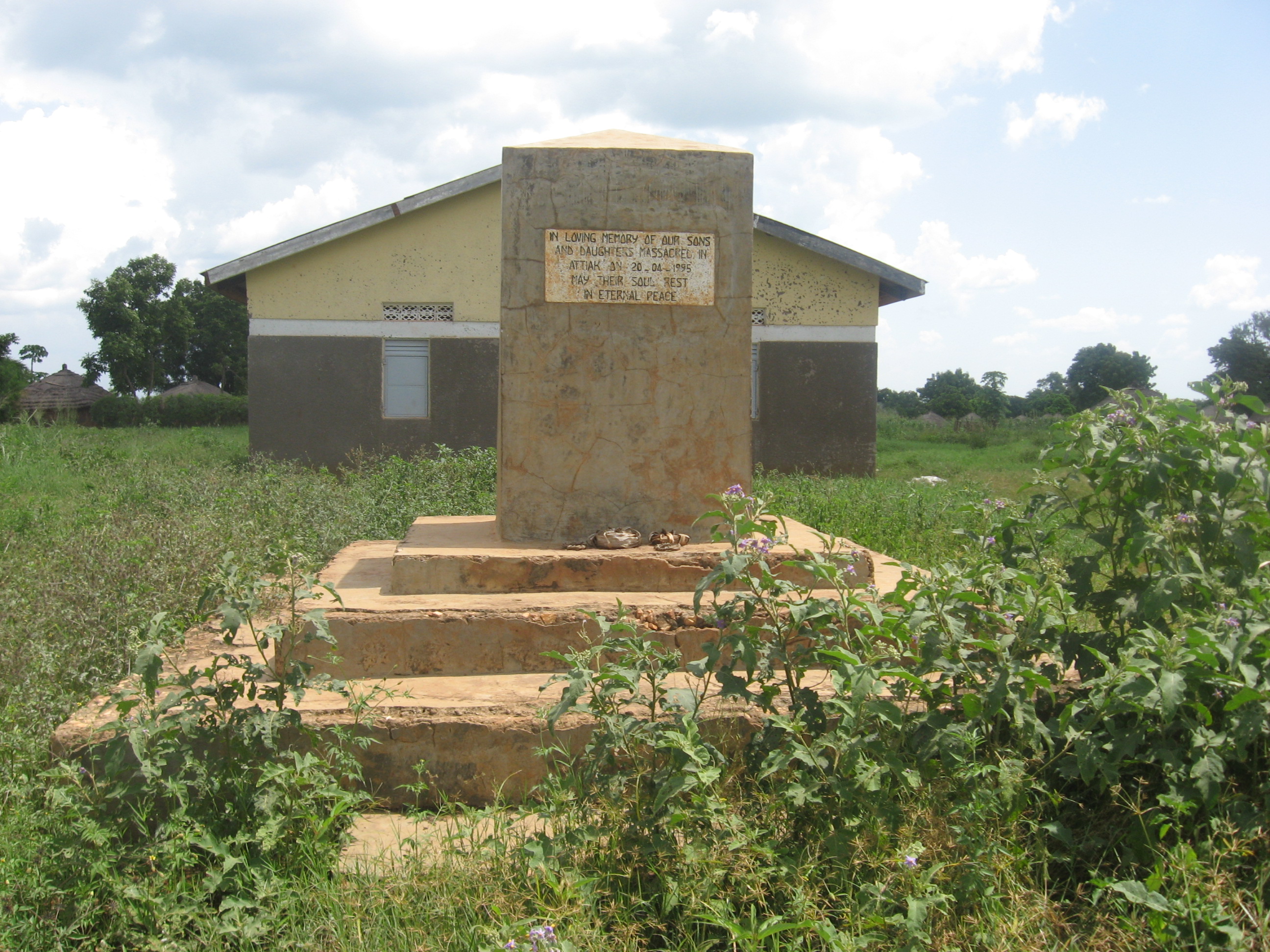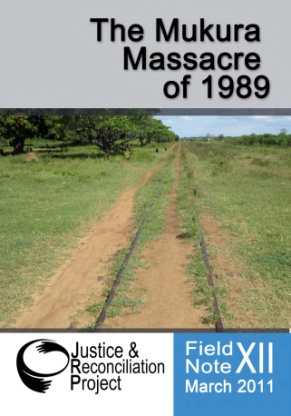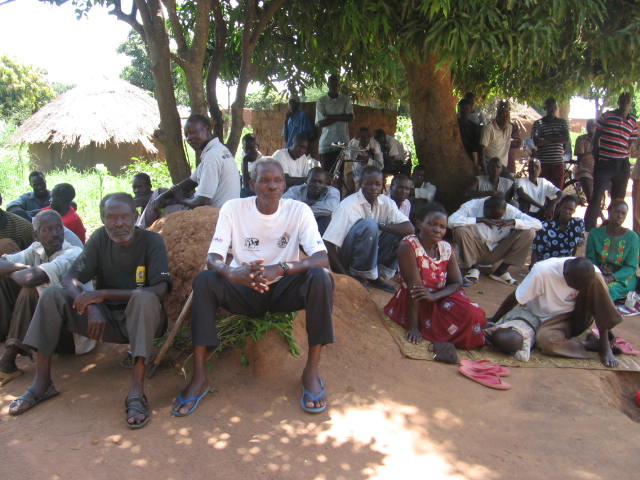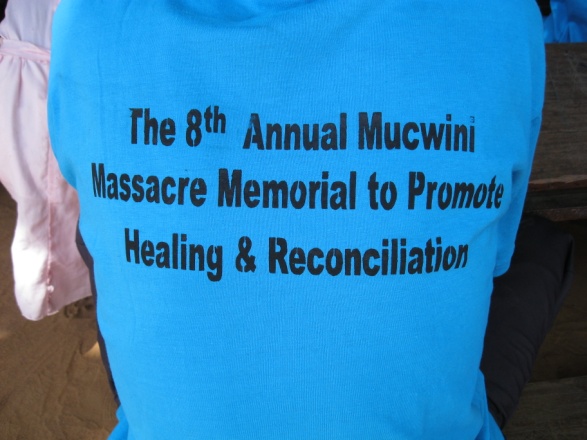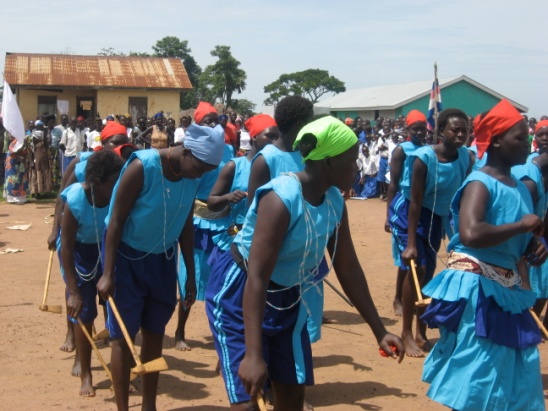“Absence Of Compensation Law Worries LRA War Victims,” Uganda Radio Network, 10 Aug. 2011
http://ugandaradionetwork.com/a/story.php?s=35992
By Joe Wacha
Absence of a law regulating compensation of war victims is causing worry among the people, who suffered losses during the two-decade insurgency in northern Uganda.
Absence of a law regulating compensation of war victims is causing worry among the people, who suffered losses during the two-decade insurgency in northern Uganda.
Several people who lost family members, suffered harm or lost property during the war between Joseph Kony’s Lord’s Resistance Army rebels and government, have been demanding for compensation but such a move requires a legal basis for its successful realization.
During the Juba peace agreement, both government and the LRA rebels resolved that government should establish necessary arrangements for making reparations to victims of the conflict. The implementation protocol of the agreement signed on May 27th 2007 provides that government shall include a special fund for victims out of which, reparations shall be paid.
However, over four years later, no such arrangement has been initiated leaving some of the war victims to question the willingness of government to address their plight.
Already, a number of rights groups and civil society organizations have voiced their concerns over the absence of a policy providing for compensation of the war victims.
Catherine Lakareber, a twenty seven year old mother who was maimed during the war, says that for years they have continued to wait on government to pronounce itself on the issue of reparation.
Richard Todwong, the MP for Nwoya County in Nwoya district was previously assigned to compile the list of the war victims, when he was still a presidential adviser in charge of northern Uganda. Todwong says he registered over 6,000 war victims. He however notes that no attempt has been made to enact a law providing for the compensation of the victims.
As a result, Todwong says he is now preparing to move a Private Members Bill on Compensation of war victims.
Democratic Party president, Norbert Mao has underscored the need for such a law. He explains that the presence of a law governing compensation of war victims would make it a national government program and not for political patronage as is being practiced.
//Cue in: “Compensation to war victims…”
Cue out: “…victims’ compensation act.”//
Lino Ogora, a transitional justice expert in Gulu says that present attempts to provide compensation are biased. He cites the compensation of the Mukura victims that he said had no clear criteria and was conducted through an individual. In 2010, government paid 200 million shillings to the survivors and relatives of the 1989 Mukura massacre. On 11th July 1989 soldiers of the National Resistance Army suffocated to death 55 suspected rebels in a train wagon at Mukura in Ngora District.
